Diet and Mood

Some of the ways that diet can contribute to mood are through food allergies or intolerances, deficiencies of mood nutrients, mood irritants (nitrates, glutamates, dyes, preservatives, and synthetic ingredients), and affecting the health of the gut and microbiome. All of these affect the Gut-Brain Axis, neurotransmitter production, or can simply be irritating your nervous system.
What's Causing Your Depression?



















































































When I say lifestyle, what I mean is the basic requirements of life—food, exercise, sleep, stress, and substance use. In short, it means the way you live—too much excitement or stress, too little sleep, forcing your body to deal with constant alcohol, tobacco, drugs, or poor diet. These contributors are the foundation of the chemistry of your body and mind, and will influence how your brain chemistry operates; and they may contribute to episodes of depression along the way if they are out of balance.
Most of us thrive when we keep our pace of life in the slow to medium range. Unfortunately the modern lifestyle doesn’t make this easy for us, because we are often saturated with responsibilities, work, tasks, information, commutes, and expectations to keep up with the pace of others. Depression can develop when dealing with difficult life situations, especially when the situation is long term.







Neurotransmitters are the main chemical messengers of mood, and they include "uppers", which lift your mood and stimulate excitement and activity, and "downers" which calm and relax. Neurotransmitter imbalances are pivotal treatment areas for mood disorders, and they can be tested and treated individually. Imbalances in neurotransmitters can result from many areas, included genetics, gut health issues, and hormone imbalances in the adrenals, thyroid, and sex hormones.
Depression can be a result of several different neurotransmitter imbalances, including serotonin, dopamine, and norepinephrine. The two main branches of depression are serotonin dependent, which presents as a weepy, sad, melancholic 'blues' type of depression; and dopamine/norepinephrine dependent depression, which presents as a tired, lethargic, brain-fogged, and unmotivated type of depression.






Mood Nutrition Mini-Course
Did You Know?
Protein creates the basic building blocks of neurotransmitters
Some B-Vitamins that are critical for mood only come from animal products
Some foods create inflammation in the brain and nervous system which affects your mood
Omega-3 Fatty Acids help mood by decreasing inflammation in the brain and body
Some food additives such as nitrates, which are found in cured meats, sausage, bacon, lunchmeat, and hot dogs, can cause constant irritability and even rage in some people
Check out these labs:
-

Buy Supplements 10% Off—Fullscript
Read more -

IgG Food MAP (190 foods)
$299.00 Select options -

Celiac and Gluten Sensitivity
$138.00 Select options -

Hair Toxic Element Exposure Profile
$159.00 Select options -

Urine Essential Elements
$167.00 Select options -

NutrEval Functional Nutritional Analysis (Plasma)
$519.00 Select options -

Metabolomix+ Functional Nutritional Analysis
$419.00 Select options


